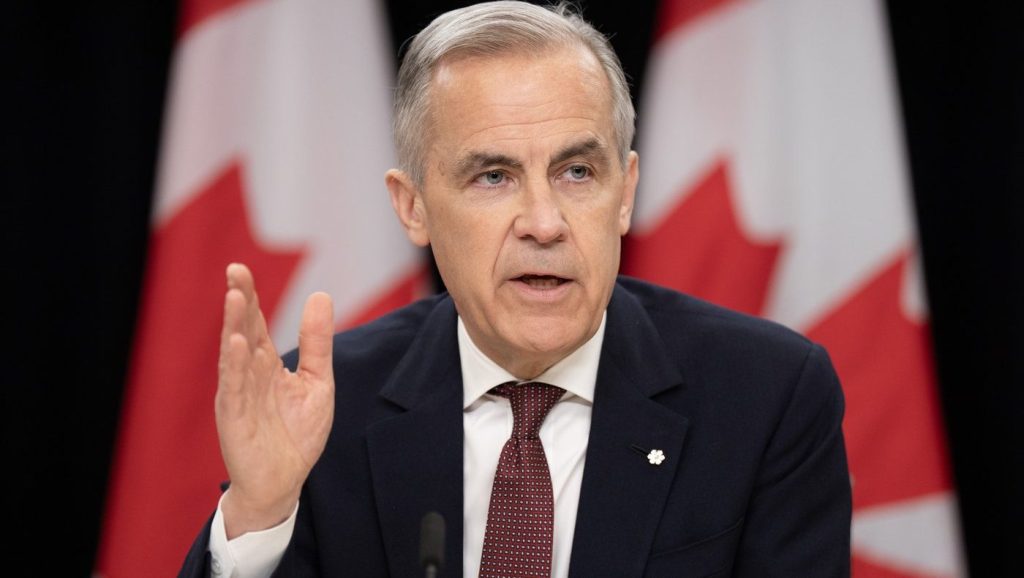UK Labour Party rocked by ‘Corbynmania’ as old-school socialist dominates leadership campaign
Posted Sep 6, 2015 08:15:52 AM.
Last Updated Sep 6, 2015 09:00:09 AM.
This article is more than 5 years old.
LONDON – Britain’s surprising new political star is a rumpled 66-year-old with a set of socialist ideas many thought had faded with the Cold War.
Jeremy Corbyn, the runaway favourite in a contest to lead the opposition Labour Party, opposes NATO and nuclear weapons, plans to apologize for the invasion of Iraq and wants to end austerity, heavily tax the rich and nationalize Britain’s railways.
Opponents say the longtime lawmaker is a relic of the past who will drive away moderate voters. But to supporters — many of them young, new to politics and brimming with enthusiasm — his old-fashioned ideas are the future.
“It’s a breath of fresh air,” said 24-year-old Alex Anthony, holding an “I’m on team Jeremy Corbyn” sign outside a candidates’ debate. “I’m sick and tired of the other candidates ignoring the fact that it wasn’t ordinary people that created the financial crisis.”
If Corbyn tops the leadership ballot when results are announced Sept.12, it will mark an abrupt left turn for a Labour Party that has been moving toward the centre for decades.
Under Prime Ministers Tony Blair and Gordon Brown, the party shed its commitment to nationalized industry, wooed big business, adopted modern PR methods — and spent 13 years in office.
But since Labour lost power in 2010 — and was thumped again by Prime Minister David Cameron’s Conservatives in May — many in the party have yearned for a return to old-school values.
Patrick Diamond, a former Labour policy adviser who lectures at Queen Mary University of London, said Corbyn’s campaign has tapped into a feeling “that the last Labour government was putting power before principle.”
Asked at a recent public meeting what Labour stood for, Corbyn said it is “a party that should be proud of its socialist principles” and dedicated to the redistribution of wealth.
Blair was a staunch ally of President George W. Bush — too staunch for many in the party, who have never forgiven him for committing British troops to the 2003 U.S.-led invasion of Iraq.
Corbyn has said he’ll apologize “to the British people for taking them into the Iraq war on the basis of deception, and to the Iraqi people for the suffering we have helped cause.”
He also favours scrapping Britain’s nuclear weapons, has called for Britain to leave the NATO military alliance, wants warmer relations with Russia and opposes air strikes against the Islamic State group in Iraq and Syria.
“If the party was looking for someone who is the antithesis of Tony Blair, they’ve found him,” Diamond said.
Corbyn started the contest to replace election-losing leader Ed Miliband as a 100-to-1 longshot, but is now bookmakers’ strong favourite. Polls put him ahead of his three mainstream rivals, Yvette Cooper, Andy Burnham and Liz Kendall — though pollsters concede predicting an internal party race is tricky.
Corbyn is backed by several big trade unions, and by social media-savvy youngsters who have emblazoned his name on T-shirts and hashtagged it across social media. His rallies have drawn 2,000-strong crowds and his supporters have dominated candidates’ debates.
Like Republican maverick Donald Trump and Democrat left-wing candidate Bernie Sanders in the United States, Corbyn reaches voters that other politicians can’t. Like Trump, he appears to speak his mind without consulting spin doctors or focus groups first. Like Sanders, he proposes an alternative to belt-tightening economic policies that have made many people worse off. Corbyn’s anti-austerity policies include more public spending higher taxes for the rich and a clampdown on tax evasion.
And like young leftist parties Syriza in Greece and Podemos in Spain, “Corbynmania” is firing up many people previously disillusioned with mainstream politics.
“He’s making politics sexy again,” said Corbyn-supporting doctor Natasha Chari, 50. “The age of the spin doctor is over.”
Corbyn, a bike-riding, bearded backbencher who has represented London’s Islington North constituency since 1983 without ever holding a senior party post, often looks bemused by his rock-star status.
His popularity has surprised and alarmed most Labour leaders and lawmakers, who consider his potential victory a disaster that could have been avoided. Corbyn has little support among Labour legislators, but several nominated him for the leadership ballot in the belief that he was a harmless fringe figure who would broaden the debate.
Labour also allowed anyone who paid a 3 pound ($4.64) fee to register as a supporter and vote in the leadership election, leading to fears of infiltration by opponents. Party officials are checking individual details, aiming to weed out supporters of other parties among the 550,000 people registered to vote.
Blair — who has generally stayed out of British politics since leaving office in 2007 — has repeatedly implored party members not to elect Corbyn, while acknowledging that his intervention “actually makes them more likely to support him.”
“Labour lost because it was considered anti-business and too left,” Blair wrote in The Observer newspaper, arguing that those who think otherwise are living in a “parallel reality.”
“Jeremy Corbyn is not going to be prime minister of the U.K.”
___
Follow Jill Lawless on Twitter at http://Twitter.com/JillLawless








